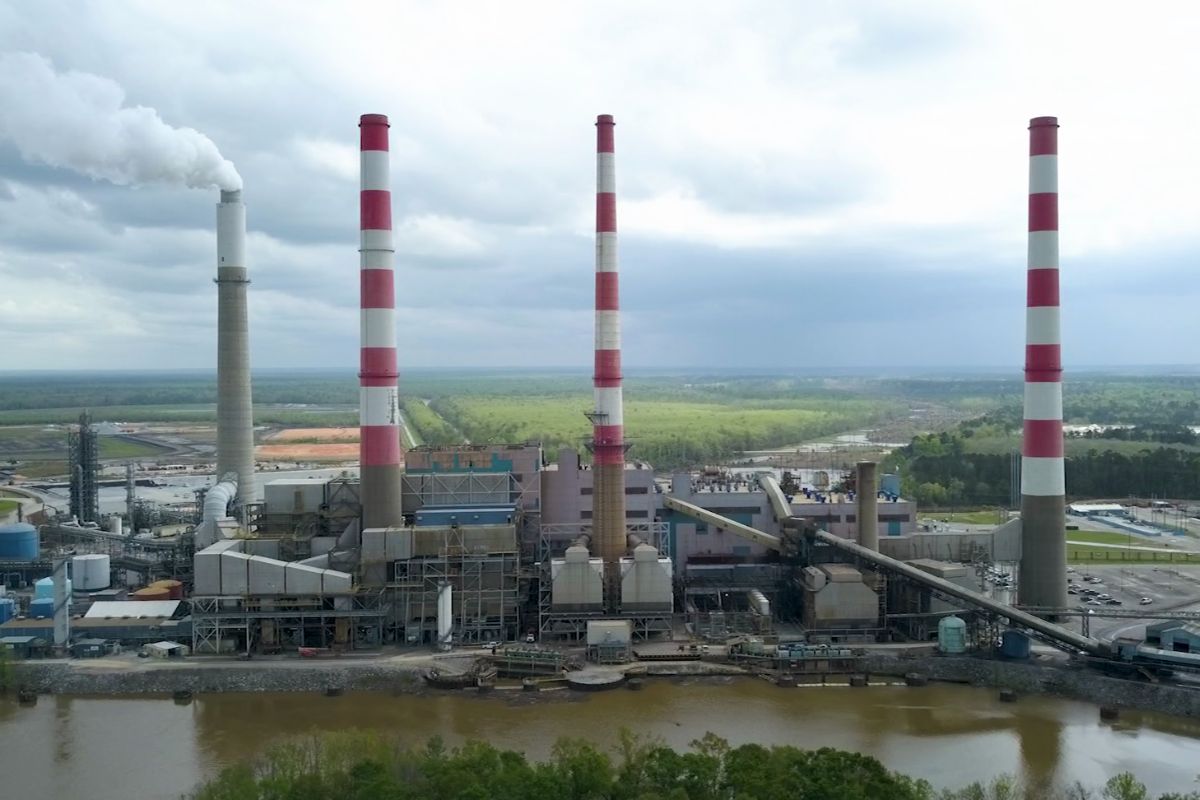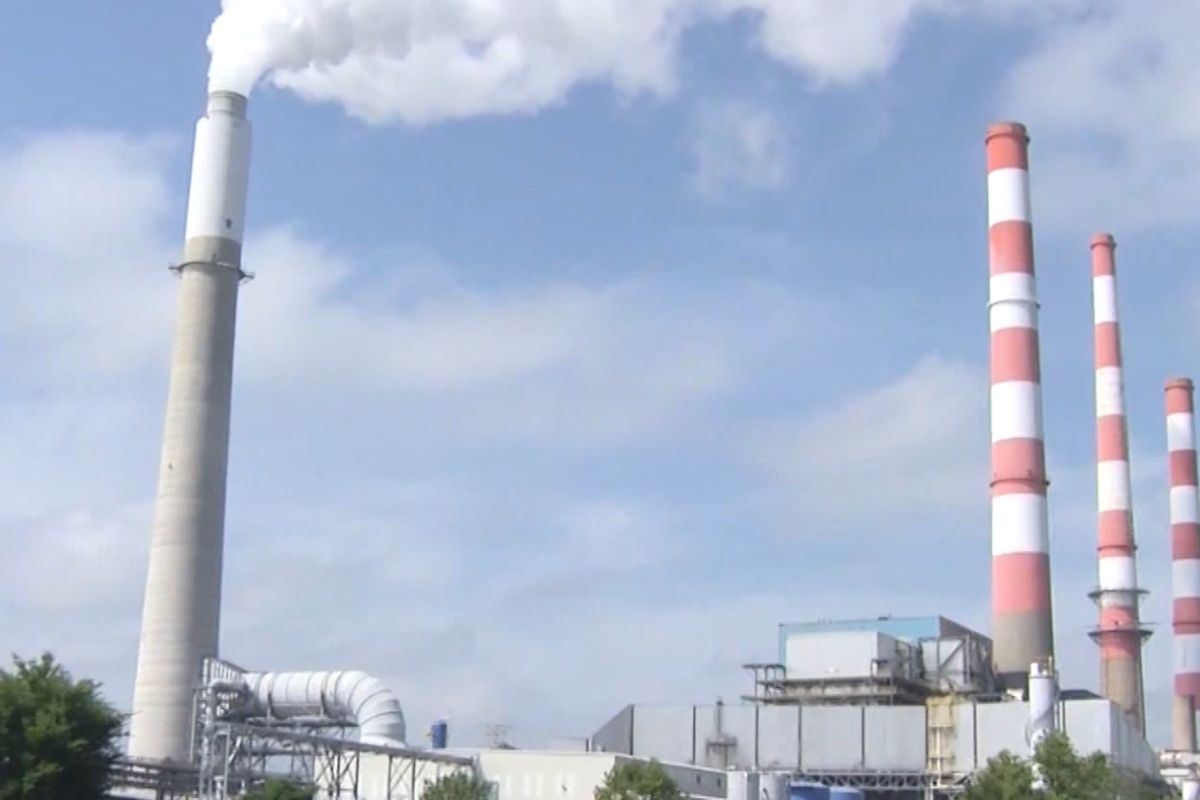EPA Shuts Down Alabama Power Coal Ash Plan: MOBILE, Ala. The EPA’s recent decision to halt Alabama Power’s coal ash plan has raised significant questions about the future of coal ash management in the state. With concerns over containment measures and potential environmental impacts looming large, stakeholders are left pondering the next steps in this critical process. The implications of this ruling extend beyond immediate repercussions, signaling a potential shift towards more sustainable disposal methods and heightened regulatory oversight.
As the industry grapples with this setback, the path forward remains uncertain, prompting a closer examination of alternative solutions and the broader implications for environmental policy and resource conservation.
EPA Denies Alabama Power’s Coal Ash Plan
Upon careful evaluation, the Environmental Protection Agency (EPA) decisively denied Alabama Power’s proposed plan for managing coal ash waste at various plants, including the Barry Steam Plant. Coal ash, a by-product of coal combustion, contains harmful substances like arsenic, lead, and mercury, posing significant environmental risks if not properly managed.
Alabama Power’s strategy to contain coal ash in on-site ponds was deemed insufficient by the EPA, citing inadequacies in meeting federal standards aimed at protecting waterways and ecosystems from contamination.
The rejection highlights the EPA’s commitment to enforcing stringent regulations to safeguard environmental health and prevent potential ecological disasters. Alabama Power, in response, reaffirmed its dedication to environmental compliance but acknowledged the need for further assessment and adjustments to align with federal guidelines.
The EPA’s decision underscores the importance of robust waste management practices in the power generation sector to mitigate adverse impacts on the environment and public health.


ALSO READ: Alabama Boosts Summer Meal Program Funding in Budget
Implications of EPA’s Decision
What are the potential consequences of the EPA’s decision to reject Alabama Power’s coal ash management plan?
The EPA’s denial signifies a pivotal turning point in the management of coal ash, potentially leading to significant shifts in disposal methods. With the need for more stringent environmental protection measures, one possible outcome could be the relocation of coal ash to lined landfills inland.
While this step may bolster environmental safeguards, it also presents challenges in terms of cost and logistics. Advocates like Cade Kistler from Mobile Bay Keeper have been vocal in their support for stricter regulations to prevent waterway pollution. They stress the importance of preserving Alabama’s natural resources for both recreational purposes and ecological well-being.
The rejection of Alabama Power’s plan underscores the growing focus on ensuring responsible coal ash disposal practices and highlights the need for sustainable solutions that prioritize environmental preservation.
Reactions and Future Outlook
Amidst divergent responses to the EPA’s decision, stakeholders are evaluating the implications and plotting the future course for coal ash management in Alabama. Environmentalists and regulatory bodies have expressed concerns about potential water contamination, emphasizing the need for stricter safeguards. Alabama Power is currently assessing how the ruling will impact its operations, reaffirming its commitment to adhering to environmental regulations. The varying reactions underscore the complexity of balancing energy production needs with environmental protection.
Moving forward, discussions are expected to intensify regarding the most important strategies for managing coal ash waste in the state. Stakeholders will likely focus on enhancing monitoring systems, implementing advanced technologies for waste treatment, and strengthening regulatory frameworks to prevent future environmental risks. The incident serves as a reminder of the ongoing challenges associated with coal ash disposal and highlights the importance of proactive measures to safeguard both public health and the environment.
As all parties navigate these complexities, collaboration and innovation will be vital in shaping a sustainable future for coal ash management in Alabama.
News in Brief
The EPA’s rejection of Alabama Power’s coal ash management plan underscores the necessity for more stringent regulations to safeguard waterways and natural resources. Stakeholders must now consider alternative solutions that prioritize environmental preservation and advanced waste treatment technologies.
The future of coal ash disposal in Alabama hinges on sustainable practices that mitigate environmental risks and guarantee long-term ecological integrity.

